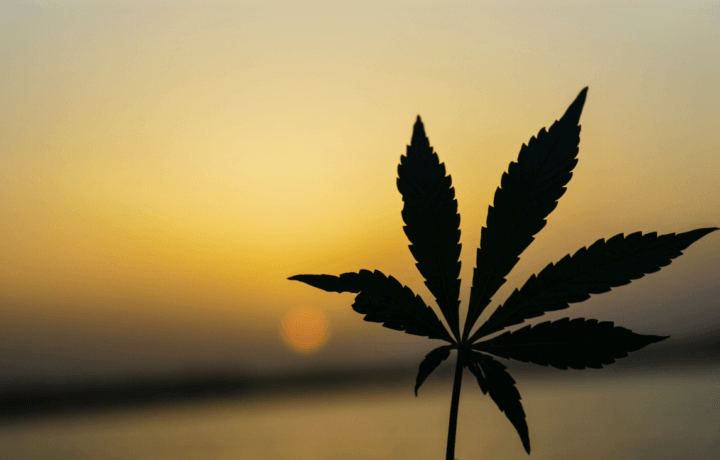The widespread ‘legalization’ of drugs has created a number of sticky situations for security clearance holders and applicants. Security clearance denials and revocations caused by the drug use adjudicative guideline increased by 36% last year, according to cases released by the Defense Office of Hearings and Appeals.
According to cases for 2024 released so far and unpacked over at ClearanceJobsBlog.com, the clearance denials and revocations for drug use will only continue in the year to come.
There are two sides to the drug use security clearance denials and revocations coin – the individuals who simply failed to disclose their prior drug use and who likely would have been able to obtain a security clearance if they were honest – but thanks to the failure to disclose, faced a security clearance denial based on both drug use and personal conduct guidelines.
On the other hand are those who didn’t fail to disclose their drug use -drug consumption and especially marijuana use is simply a part of their life, and something they’re unwilling to give up. They’re often incredulous that the government would ask them to.
This is where the overall prevalence of marijuana use comes into play, as ‘California sober’ becomes a vibe and marijuana use is normalized in many states. Marijuana is just a part of people’s lifestyles – and one they’re sometimes unwilling to give up for a national security career. In 2024 cases thus far, all but one lost on appeal, and for some, it’s simply a matter of their own statement that no matter what the federal law is, they won’t give up drugs in order to maintain clearance eligibility. One individual stated:
“[M]y use of recreational drugs on my personal time in no way reflects upon my trustworthiness as a keeper of national secrets. I do not plan to change my lifestyle because that would be absurd, and directly contradictory to the first sentence of this statement. If the DOD wants a dog who has no personal principles, they can find one elsewhere.”
That mindset is clearly one that exists for many – unfortunately the way the policy works today, it’s also one that’s almost sure to result in a denial or revocation. Without congressional movement to remove marijuana as a Schedule 1 substance – which is a possibility – the fact that marijuana use is considered illegal for both recreational and medicinal uses is an issue.




